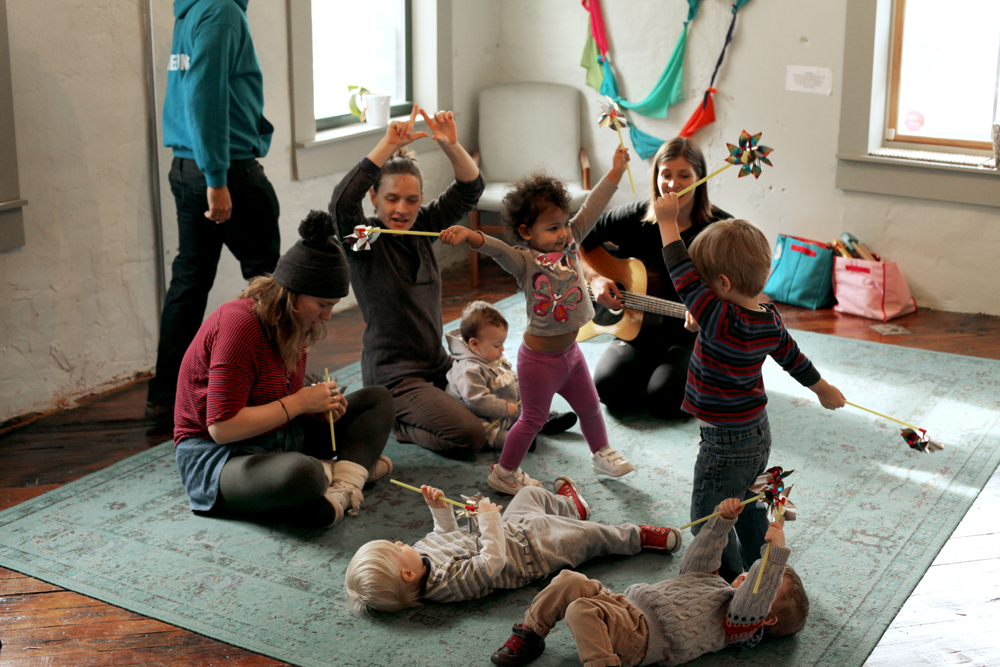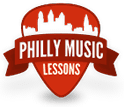
Is My Child Ready to Start Music Lessons?
Many parents want their children to learn an instrument, and why not? Studies have shown that weekly music lessons can increase a child’s IQ. Some don’t know when their child should begin though. At what age is a child ready for such a commitment? I’ve had parents surprised to hear that their child is too young for one instrument, yet they could have started another instrument years before.
Still, it’s not always as simple as reaching a certain age. General guidelines can help you decide if your child is ready to start music lessons. Let’s consider a couple of them here, then we’ll give you approximate ages for when a child is ready to begin lessons for popular instruments.
Desire
Learning a skill comes easier to those who want to learn it. Age or subject matter doesn’t change that. So if your child has great interest in learning the piano or guitar, they’re much more likely to meet the other requirements listed here.
Focus
Some children focus better than others, and focus is crucial when it comes to music lessons. Your child will need to remain focused for a ½ hour lesson once a week in addition to 15 minute practice sessions daily. Even this can be a long time though. Observe your child to see how well they focus on other activities before scheduling their first lesson.
Physical Ability
While physical limitations should not stop a student from enjoying music, some kids are too young to hold an instrument properly or find an instrument in their size. If, for example, your child wants to learn the drums but can’t keep a sturdy grip on the sticks, they’d be better off waiting until they can.
Resources
Music lessons for students of any age require a fair amount of time and money. Even if your child wants to start with a low-cost instrument for ½ hour lessons, they will still be expected to practice at home for regular intervals, and purchase sheet music along the way. Also remember that kids will grow out of some instruments, so new ones will need to be rented or purchased as they grow. It’s worth taking the time to decide if you and your child are prepared to use these resources.
If you feel confident your child has the desire, focus, physicality, and resources to start music lessons, then scan the list below to find the instrument they’re interested in and the age we recommend they start. Keep in mind individual teachers may have different age guidelines, so feel free to ask if you are uncertain.
Piano, 5 years old
Violin, Viola, Cello, 4-5 years old
Guitar, 5-6 years old
Ukulele, 4-5 years old
Drums, 5-7 years old
Voice, 8-9 years old
Flute, Clarinet, Saxophone, 7-8 years old
Trumpet, Trombone, 8 years old
And remember: your child will never be too old to start music lessons. If your child doesn’t begin studying an instrument until it’s offered at their school or until they’re in middle or high school, they still can reap the benefits of music education. However, they can be too young for certain instruments. Band and orchestra instruments may need to wait until your child is seven or eight years old, but solo instruments like piano or guitar could start earlier. Plus, no matter what instrument they pursue later in life, your child can still get a head start on their music education! Check out our Philly Music Babies class for more.
Kristen Seikaly
I teach voice. I started singing at a young age, first with school and community choirs, followed by high school concerts and musicals. I received my Bachelor's of Music at the University of Michigan in Vocal Performance, with a minor in French. Then, I earned my Master's of Music at Westminster Choir College in Voice Performance and Pedagogy. After my second degree, I moved to Philadelphia to pursue performance and teaching opportunities. I have performed in various Philadelphia venues including The Kimmel Center, The Academy of Music, and The Cathedral Basilica of Saints Peter and Paul. I have also participated in operatic productions with companies such as Opera Philadelphia, the Delaware Valley Opera Company, and Princeton Opera Alliance. I believe voice lessons should provide a thorough technical, musical, and emotional understanding of one’s voice. Comfortable singing always comes first, which begins with breathing and posture. I balance imagery and fact based on how a student learns and understands. Singing is joyful amongst all else. While I urge all of my students to reach certain technical goals, my main goal is to make sure the student is always achieving their personal goals and enjoying themselves at the same time.

